The impact of violence and harassment against women
Anna Pavlova focuses on how violence and harassment can impact women
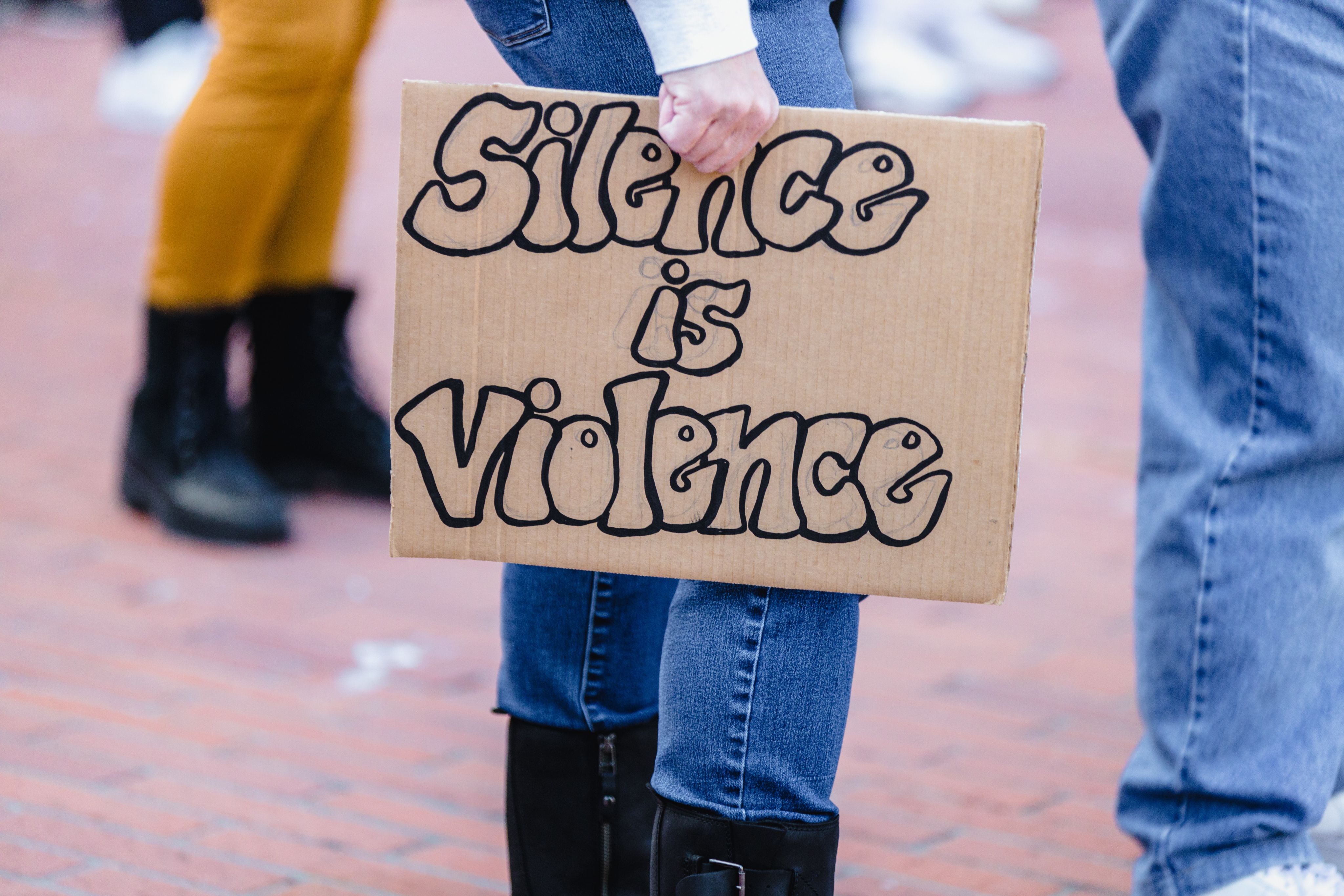
“I had this horrible experience where it wasn’t public, it was private in someone’s room and something happened. It was pretty bad and I remember calling my mum and she said it's just what boys do and I remember at the time I had friends who were guys and I remember telling him and he reacted so weirdly”. A victim of sexual harassment revealed their experience in opening up to those they trusted most but did not get the support she wanted. It led to her not being heard and feeling invalidated.
The victim worked in a field where women came forward about their experiences and opened up about what happened. Within that field, they support both the victims and the perpetrators in terms of sexual offences and it came as no surprise to her that what she went through is not an uncommon thing and with that came the frustration. The craziest thing to them was the fact that when they came forward to the men about what they have been accused of they would act shocked by the fact they were being reported, and the only thing going through the victim's mind was “how could you not see that what you did was bad and went against her rights to exist”. Even with the rights and protections we have, cultural elements get in the way and the situation becomes complex. It shows the lack of education about what is right and wrong but also the apathy towards whether what they’re doing is right or wrong.
There have been many victims still to this day who have faced a situation where they have been sexually harassed and this, in most cases, has impacted women. In June 2021, there was a survey released called the Opinions and Lifestyle Survey and the results of that survey were that 89% of women in Great Britain who had experienced harassment in the last year were more likely to feel unsafe in the dark. They felt the most unsafe in parks and other open spaces.
The statistics show the clear impact that harassment has on women whether they have experienced harassment or not there is still fear of the fact it could happen to them or happen again. According to research conducted by UN Women UK, they found disturbing results of 97% of women aged between 18 and 24 were sexually harassed and a further 96% did not report these situations because of the belief that nothing would change from it.
It is a case of stopping sexual harassment, abuse and assault before it has a chance to happen. This is the mission of the National Sexual Violence Resource Centre based in the United States. Its mission is to “provide leadership and responding to sexual violence through collaborating, sharing and creating resources and promoting research”. They work alongside their partners at state, territory and tribal organisations followed by local rape crisis centres.
Their belief is that preventing sexual harassment requires working to change the root causes of sexual violence such as oppression and misogyny and because these are large systematic issues that are ingrained in our culture, change will take a long time to effect, and we still have a long way to go. However, they are currently running a campaign called Sexual Assault Awareness Month, and this year's theme was “Building safe Online Spaces Together”. The campaign puts a focus on how each of us can help create online communities that are safe, respectful and inclusive, it is a campaign that they guide and that everyone can get involved with going from advocates and survivors to students and the media.
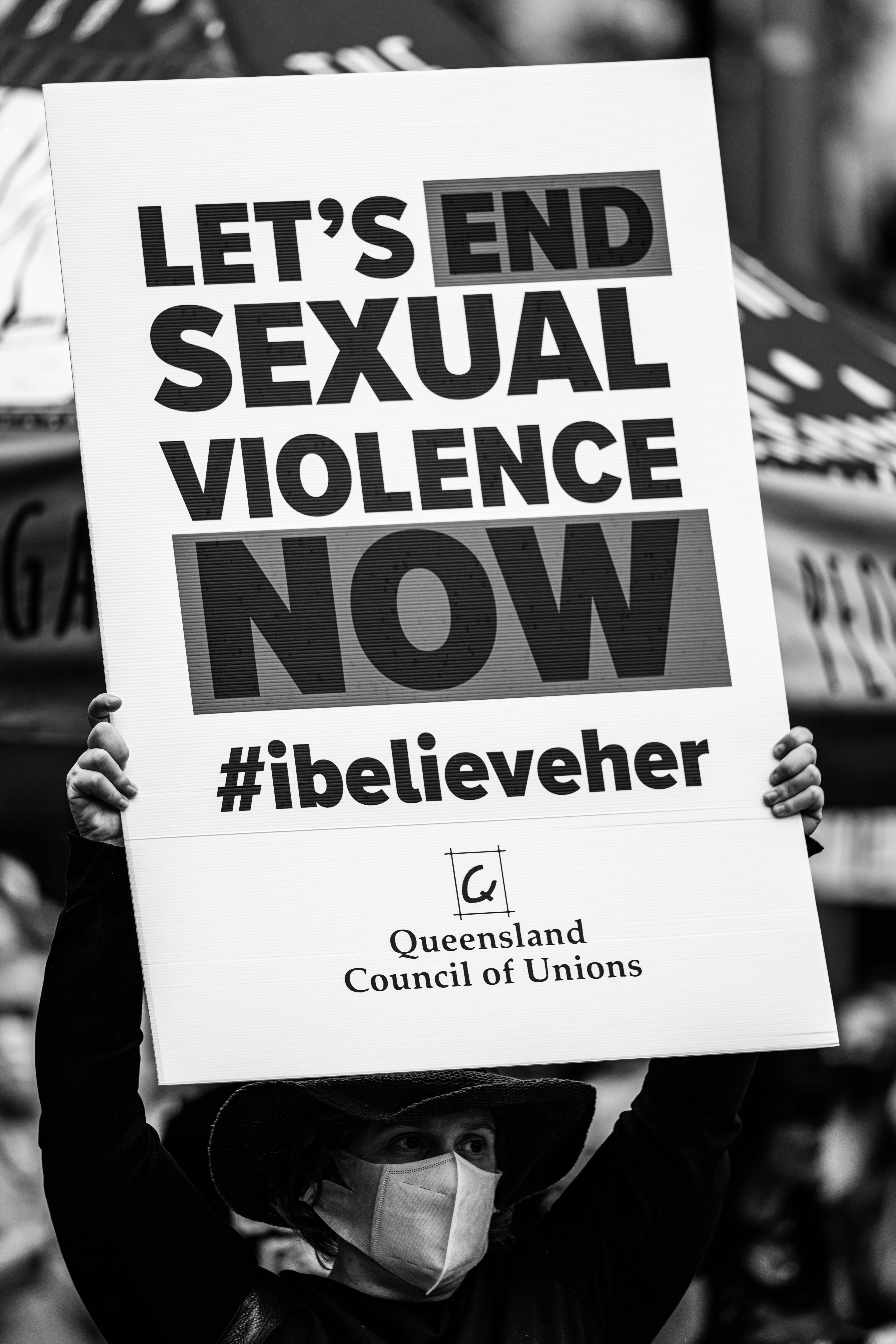
By Stewart Munro from Unsplash
By Stewart Munro from Unsplash
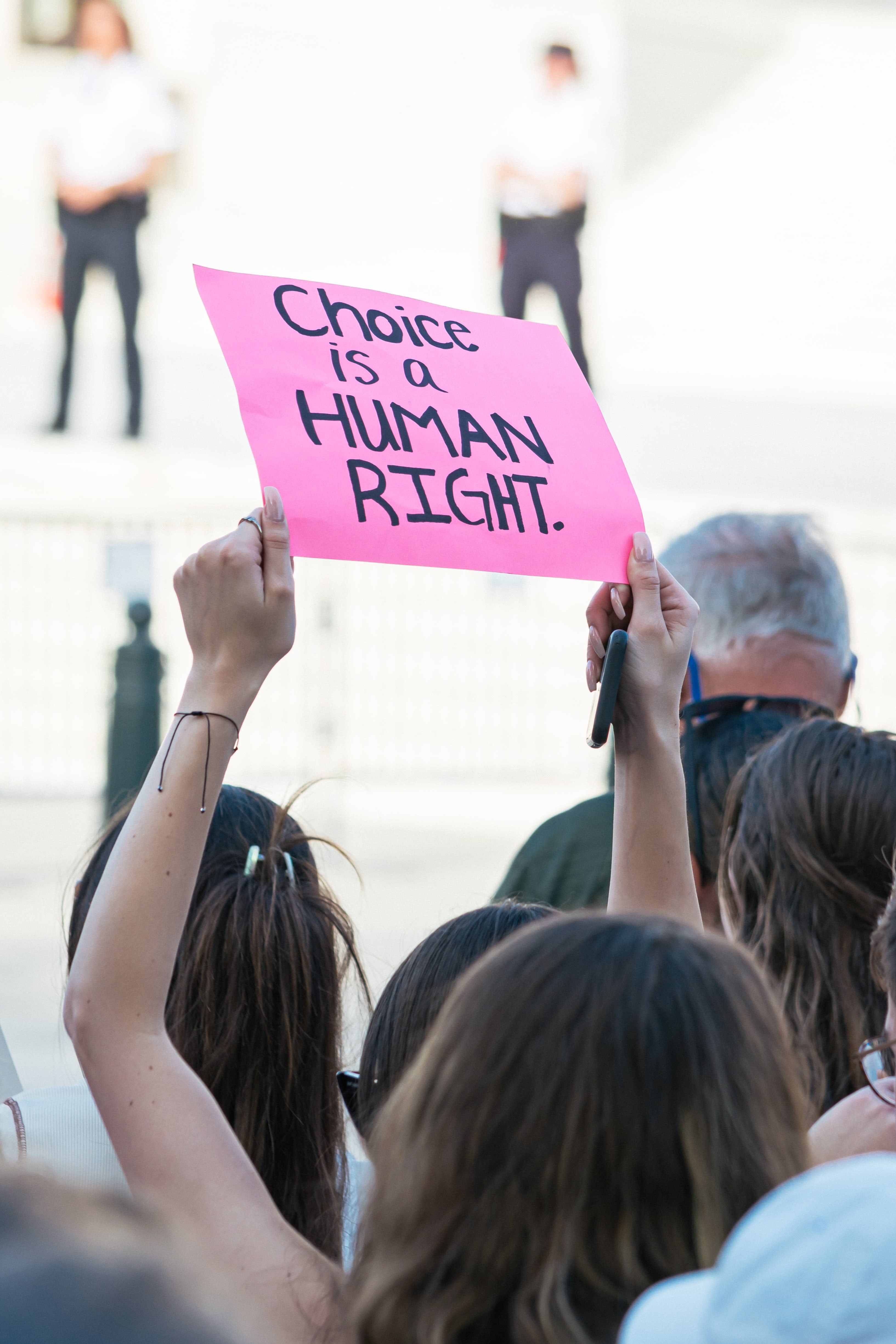
By Gayatri Malhotra from Unsplash
By Gayatri Malhotra from Unsplash
"This is real. This is happening"
Helena Dinnca
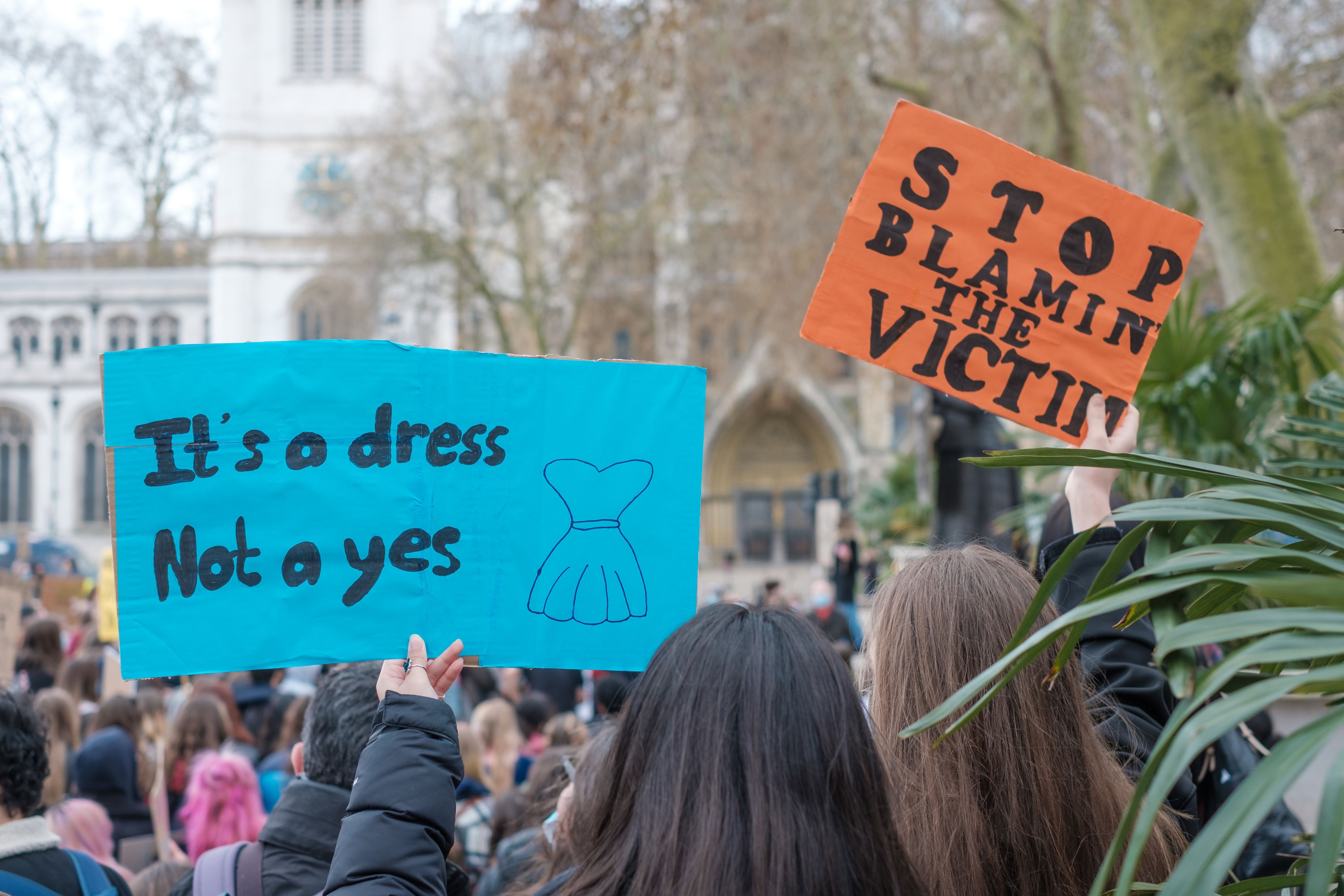
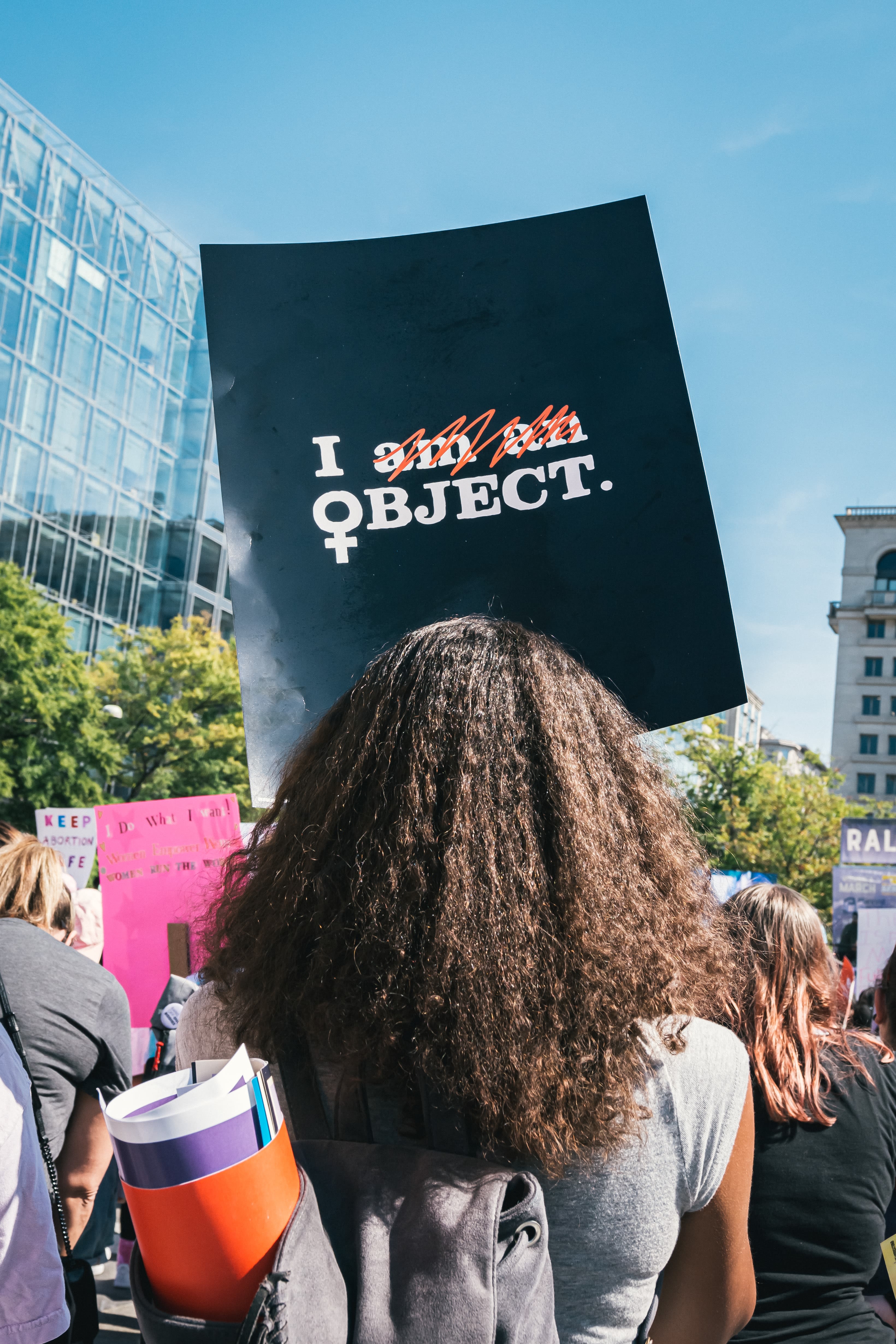
By Gayatri Malhotra from Unsplash
By Gayatri Malhotra from Unsplash
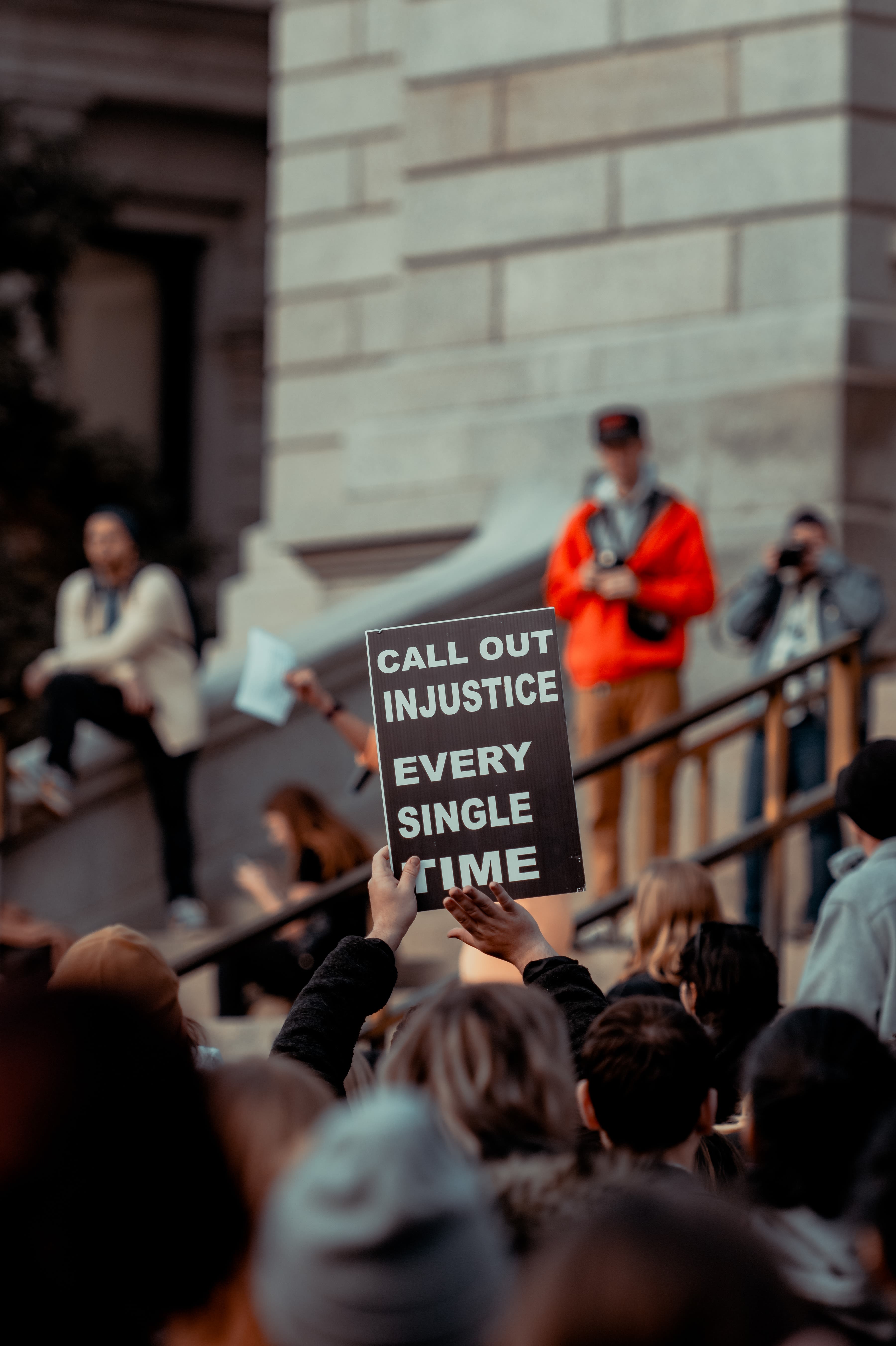
By Colin Lloyd from Unsplash
By Colin Lloyd from Unsplash
“Education is key in all of this. When we know more, we do better and giving information to young people about consent, healthy and unhealthy relationships are the keys to challenging sexual harassment and sexual assault”. Those were the words of Ruari Rowan, the Director of Advocacy and Policy at Informing Choice NI. Informing Choices is a sexual and reproductive health charity and their mission is to make “a society where individuals have the right and freedom to make informed choices about their sexual and reproductive health”.
Ruari believes that teaching about consent, boundaries, choice and personal space from a young age is important in tackling sexual harassment and violence against women. In order to achieve these missions, they offer various amounts of services going from pregnancy counselling to relationship and sexuality education. Ruari said: “there’s a fear of discussing these elements” which is something that needs to change. People should be able to talk freely and access the services they need. They work closely with politicians, civil servants, the media and collaborate with other organisations to make sure they are achieving the goals and missions they have set within the organisation.
“During my first year at university, I had two friends visit me from Spain… I woke up to one of them sexually assaulting me while I was asleep in my bedroom”. Helena Dinnca opened up about her experience of harassment against her. However, this is not the only incident that she has been through. Recently, she was followed home and this was a realisation for her that this still happens which is what inspired the film she is directing for her final project at University.
Helena said: “I don’t mind being open about it. If I talk about my experience it will help someone else. I don’t feel like it should be hidden away”. The film she is making is inspired by the harassment she has been through and her aim is to raise awareness of these issues because each female, within the group she is working with for this film, has had experiences of men messaging them inappropriately and saying what they wanted to say to them freely. She added that “It happens a lot to women but we feel like we cannot talk about it because we would be labelled as hysteric or people would think we are just making it up”.
The film is called Together Forever and it is extremely personal to Helena. She is trying to raise awareness of these issues and carry on the conversation about it as it still happens. She said: “It is a matter of how we educate people whether it’s through film, articles or even music. It helps to visualise the situation”. It is believed that representation of these issues could help people have the courage to speak out. This is real and it is still happening.
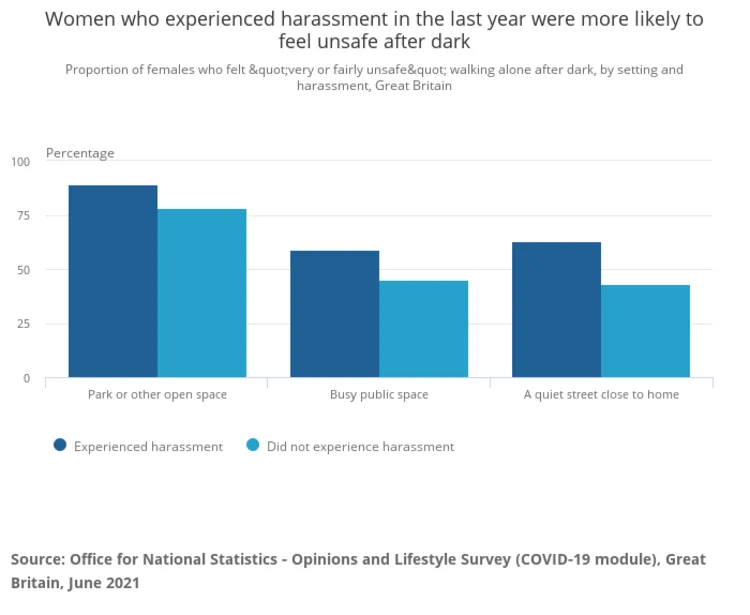
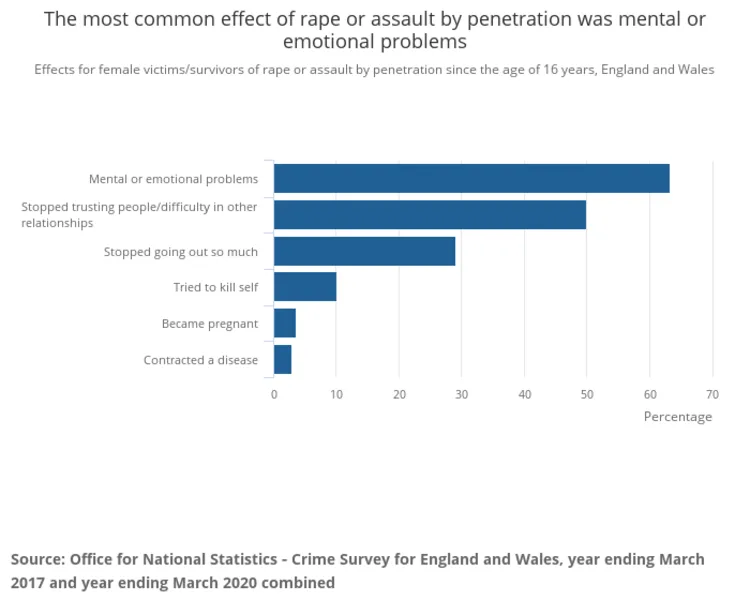
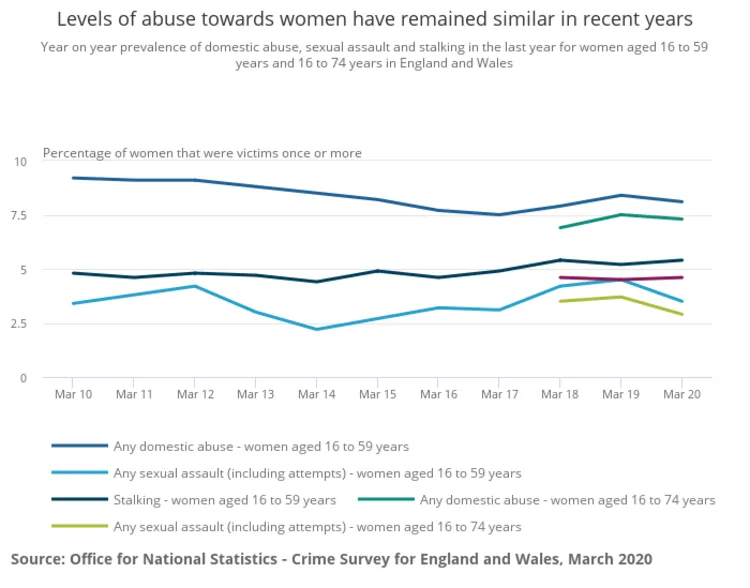

By The Office of National Statistics
By The Office of National Statistics

By The Office of National Statistics
By The Office of National Statistics

By The Office of National Statistics
By The Office of National Statistics

